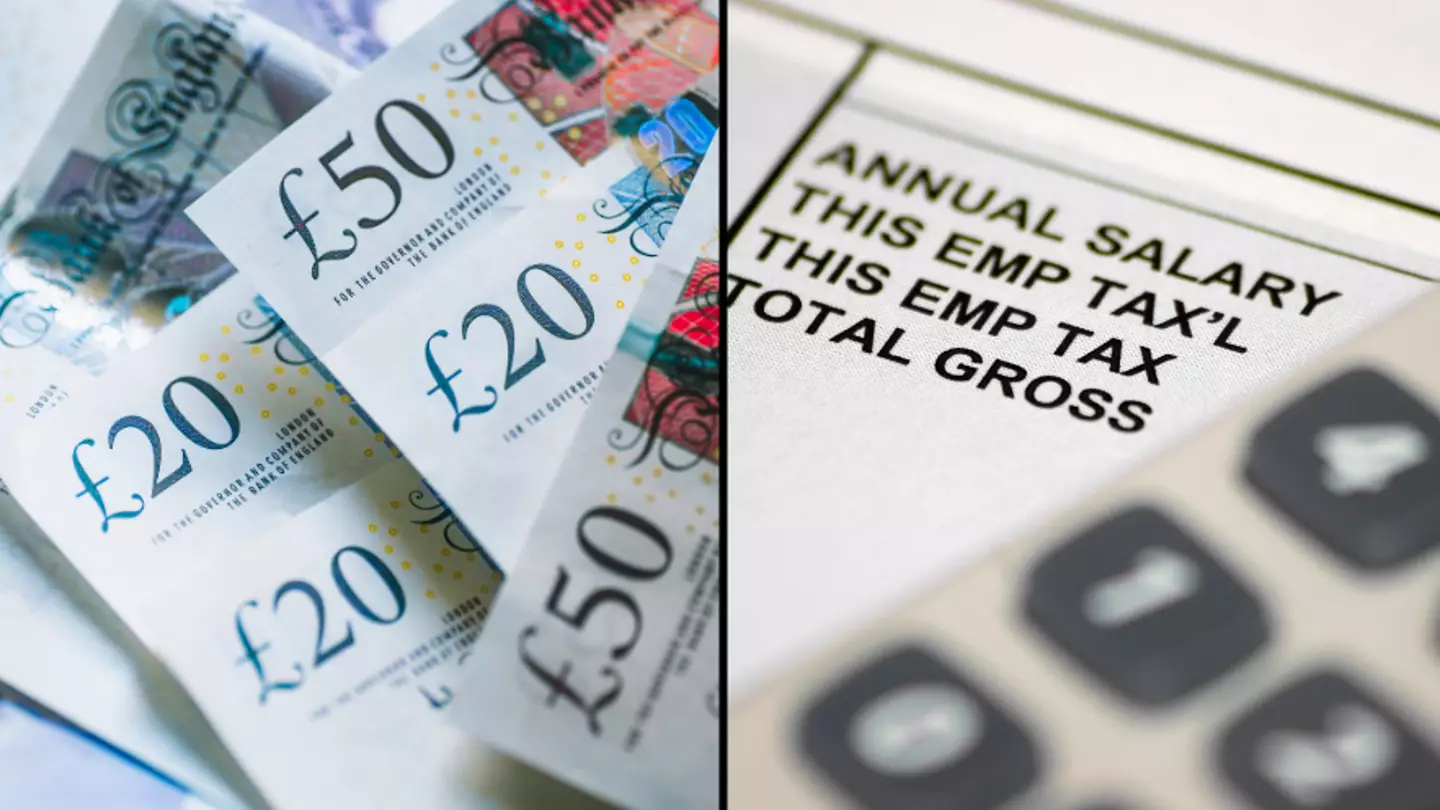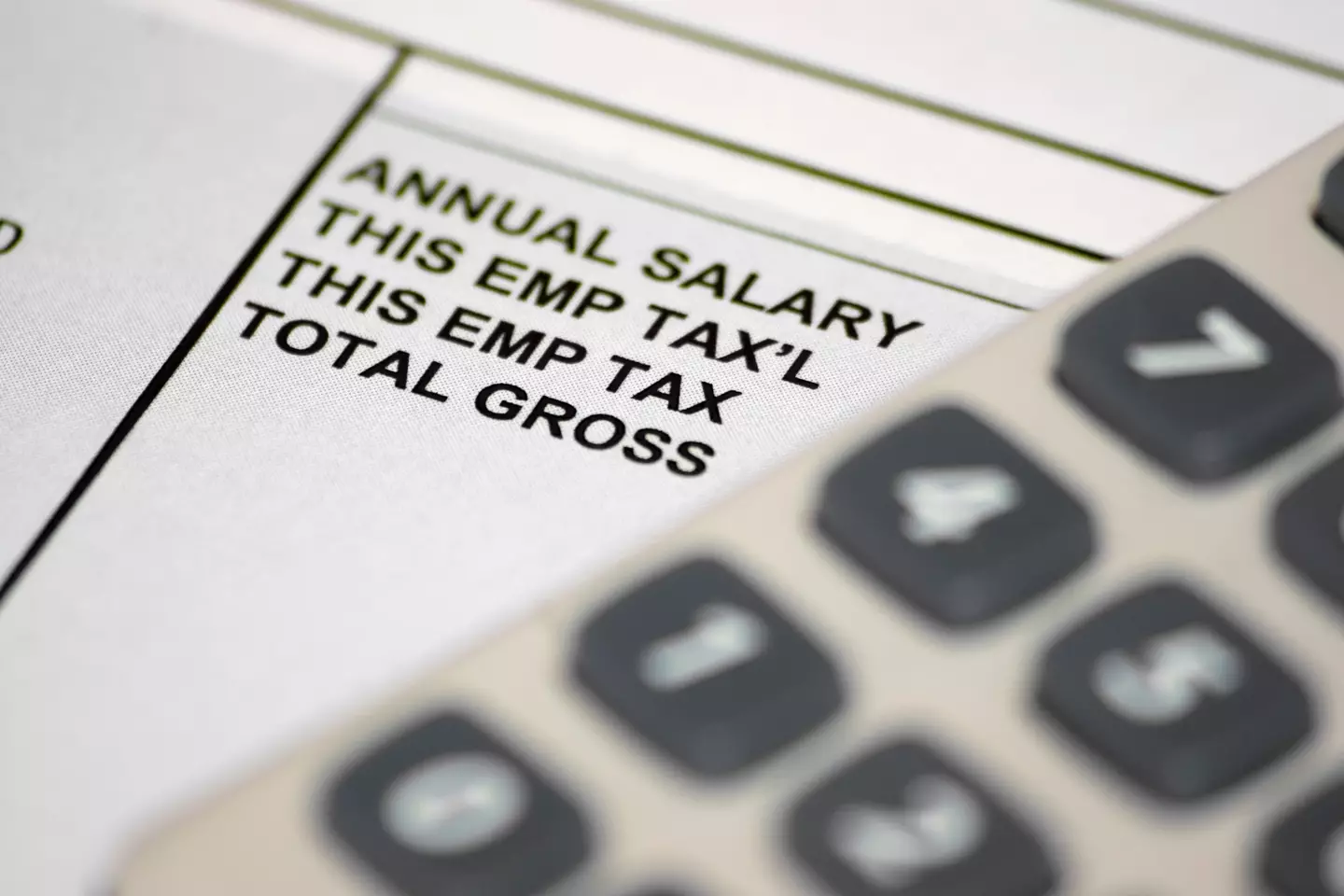
I know I wouldn’t mind a cheeky little pay rise, wouldn’t you? I mean, who wouldn’t?
Well, there’s definitely some people who don’t need it, but let’s not get into that.
But for millions of Brits, next year looks to bring an increase.
At the moment, the National Living Wage sits at £10.42 an hour – that sets the lowest amount workers ages 23 and over can be paid per hour by law.
Advert
This is different to the National Minimum Wage, which is for those of at least school living age and is a lower rate.

It’s expected that the chancellor – that’s Jeremy Hunt – is going to confirm an increase on the National Living Wage to at least £11 an hour, as per the BBC.
This would come in to place next April.
It’s said that Hunt will confirm this in a speech to the Conservative Party conference today (2 October) in Manchester.
Raising the National Living Wage will benefit two million of the lowest-paid workers in Britain – or at least that’s what he’s expected to say anyway.
Advert
It is also reported Hunt will say he plans to toughen sanctions for those on benefits who do not attempt to find themselves work.
An increase to £11 an hour would mean the annual earnings of someone who works full-time on the Wage would go up by £1,000 next year, said the Conservatives.
BBC report that Hunt is expected to say: “Since we introduced [the national living wage], nearly two million people have been lifted from absolute poverty.
.jpg)
“That's the Conservative way of improving the lives of working people. Boosting pay, cutting tax."
Advert
And on that topic of people on benefits ‘not taking the steps to find work’, Hunt is apparently going to announce that ministers are going to again look at the benefit sanctions regime.
A benefit sanction tends to be imposed ‘if a claimant is deemed not to have complied with a work-related condition for receiving the benefit in question’.
The chancellor is set to say: “Since the pandemic, things have being going in the wrong direction. Whilst companies struggle to find workers, around 100,000 people are leaving the labour force every year for a life on benefits."
But on the topic of pay rises, it’s looking like kind of good news for those of you getting paid the National Living Wage I guess – just that you’re likely going to have to wait until April to get it.